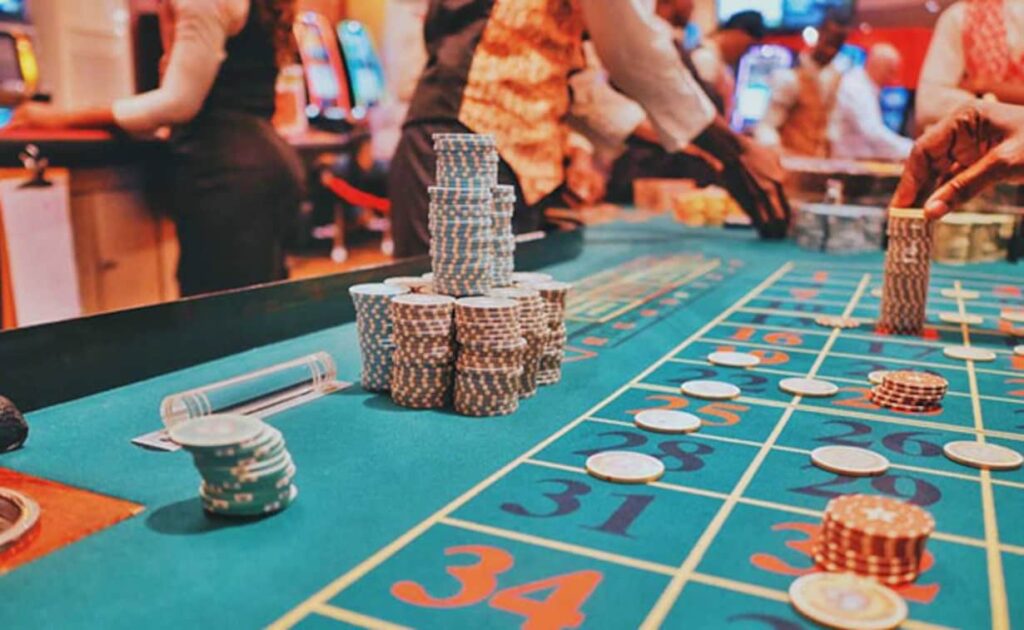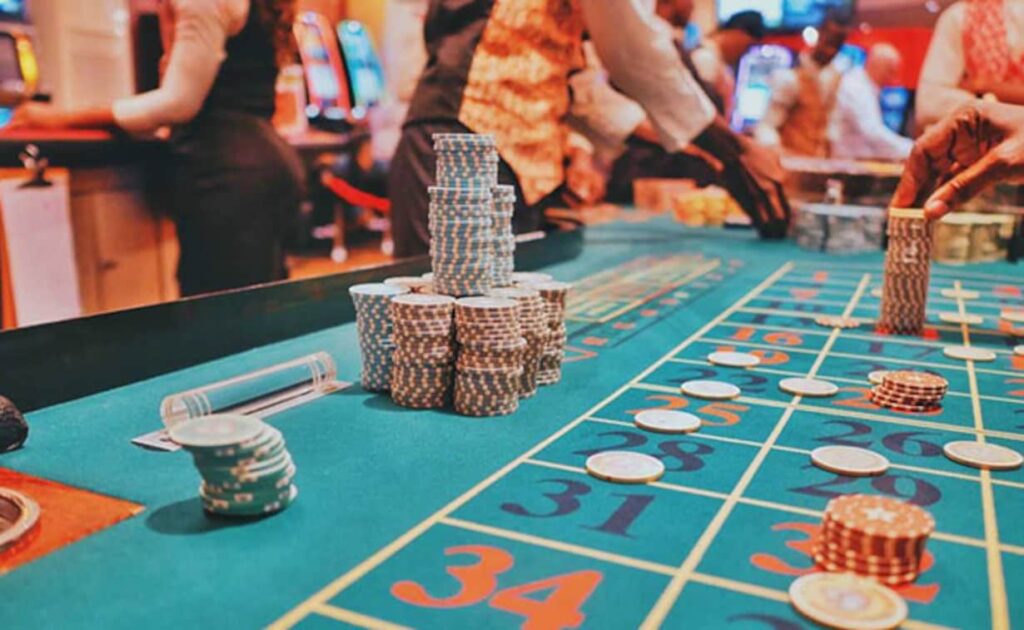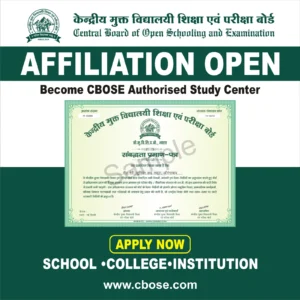“Indian Online Gaming Industry Voices Outrage Over “Unconstitutional” 28% GST, Anticipates Dire Consequences”
The online gaming industry in India has expressed strong opposition to the recent decision by the 50th GST Council to impose a 28% Goods and Services Tax (GST) on the full value of gaming, including horse racing and casinos. Industry stakeholders argue that the move is unconstitutional, irrational, and detrimental, warning that it will have severe repercussions on the skilled online gaming sector in the country.


The online gaming industry in India has expressed strong opposition to the recent decision by the 50th GST Council to impose a 28% Goods and Services Tax (GST) on the full value of gaming, including horse racing and casinos. Industry stakeholders argue that the move is unconstitutional, irrational, and detrimental, warning that it will have severe repercussions on the skilled online gaming sector in the country.
Roland Landers, CEO of the All India Gaming Federation, criticized the decision, stating that it disregards decades of settled legal jurisprudence and unfairly equates online skill gaming with gambling activities. Landers emphasized that the 28% GST would decimate the entire Indian gaming industry, leading to significant job losses, while benefiting illegal offshore platforms.
Joy Bhattacharjya, Director-General of the Federation of Indian Fantasy Sports (FIFS), expressed disappointment with the decision, highlighting that applying a 28% GST on the total entry amount, including prize money, would cause irreversible damage to the industry. Bhattacharjya warned of the potential loss of revenue for the government, as well as the shift of users towards illegal betting platforms, which would increase user risk.
Industry leaders argue that a lower tax rate would have been more reasonable and conducive to the growth of the gaming sector. Aaditya Shah, COO of IndiaPlays, pointed out that the 28% tax burden would pose significant challenges to gaming companies, hindering their ability to invest in innovation, research, and business expansion. Shah stressed the importance of distinguishing between skill-based games and casinos/betting apps, urging for differentiated treatment.
Finance Minister Nirmala Sitharaman defended the decision, stating that it was not targeted at any specific industry but was made after extensive consultation with all members of the GST Council. She noted the involvement of representatives from states like Goa and Sikkim, where casinos play a vital role in the tourism sector.
Industry experts, however, expressed their concerns over the potential repercussions of the decision. Amrit Kiran Singh, Chief Strategy Advisor to the Founders of Gameskraft, emphasized that the online gaming industry has already created over 200,000 jobs and regarded the move as a self-inflicted setback to India’s startup ecosystem. Industry leaders have urged the GST Council and the government to reconsider their decision, highlighting the adverse consequences it may have on the gaming sector.
The online gaming industry had hoped for continued support from the government, particularly regarding online gaming rules and clarity on Tax Deducted at Source (TDS). The industry argues that the decision to impose the 28% GST, despite the views of several Group of Ministers (GoM) states that extensively studied the matter, is an unfortunate and legally untenable move.
As the industry awaits further developments, the outcome of discussions between industry representatives, the GST Council, and the government will determine the future of the online gaming sector in India. The industry’s plea for reconsideration hopes to find a more balanced approach that supports growth while ensuring appropriate taxation and regulation within the gaming landscape.
Sources By Agencies







